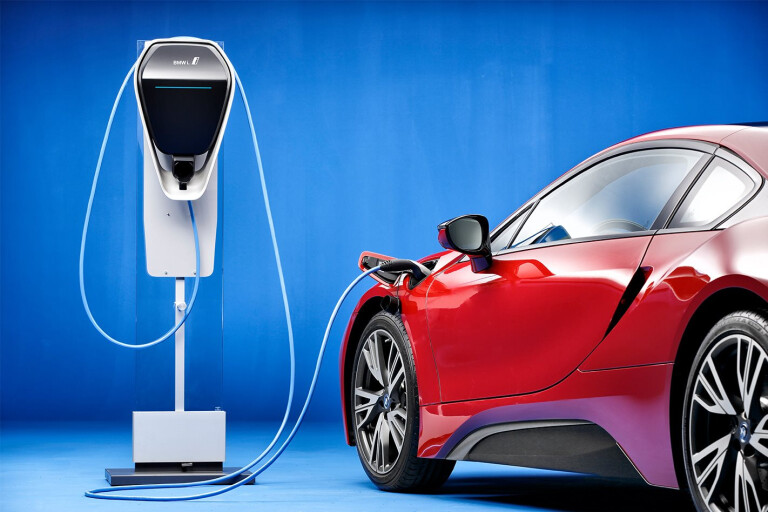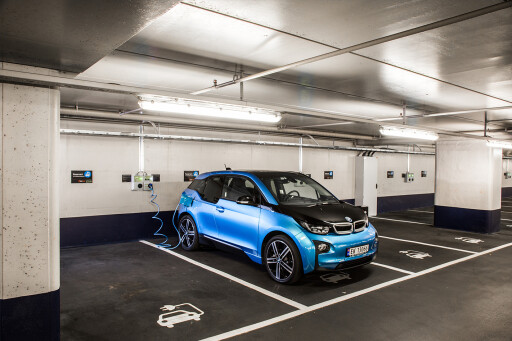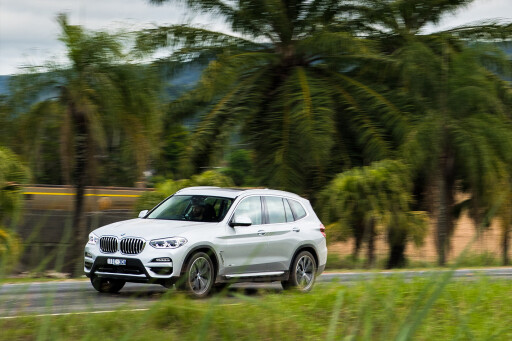
IT’S clear the world’s leading automotive manufacturers are not prepared to leave electronics giants like Samsung and LG to deliver next-gen battery breakthrough technology.
For BMW, the stakes are too high, so the company is investing 200 million Euro (A$313 million) in a Battery Competence Research Centre located near the company’s headquarters in Munich.
Higher output from lighter, more compact cells is the holy grail of battery technology, and the company is confident it will unlock this at the new facility.
Speaking at the LA motor show, John Kelly, North American product manager for BMW i, told Wheels, “We’re confident the new centre will improve everything related to batteries - size, outputs, density, and cost.”

He pointed to the improvement in the BMW i3’s battery performance as evidence of the race to deliver longer range without adding weight: “We took the battery performance of the i3 from 60 amp hours to 90 amp hours, with no increase in size and only a small increase in weight.”
Kelly also pointed out that the Concept i Vision Dynamics, also at the LA show, and a precursor to a production, pure EV i8, claims a range of 590km with 0-100km/h performance of 3.8sec.
The real breakthrough, however, is still likely to be around eight years away. This is the time it’s anticipated it will take the next real technology leap - solid state batteries – to reach mass production.
Solid state technology retains the current lithium ion chemistry, but swaps liquid electrolytes for solid ones, with initial targets being for a 15-20 percent increase in capacity. Other benefits include less weight and a reduction in the amount of safety protection needed due to the reduced fire risk. This also allows for the packaging and housing of the batteries to be improved.
The batteries are in development but long-term durability testing is cited as a key reason for why they won’t see production until 2026.

The next development in the refinement of BMW’s existing battery technology will arrive in 2018 in time for the launch of the Mini Cooper E and the all-electric version of the new-generation BMW X3.
The race for battery superiority doesn’t mean taking the throttle off the pace of internal combustion engine technology, which BMW predicts will remain the most popular power source for its models until at least the end of the next decade.
The company wants to improve the efficiency of its engines to 33 percent, although this figure needs to be considered in context with electric drivetrains, currently at around 90 percent efficiency.

COMMENTS